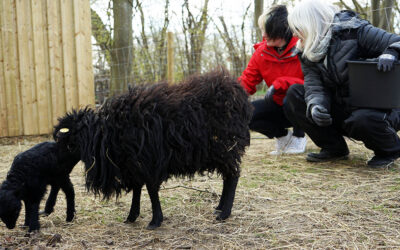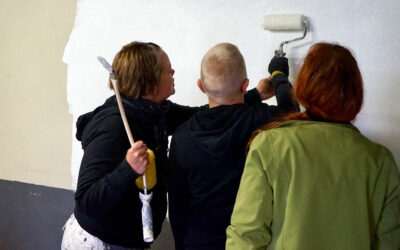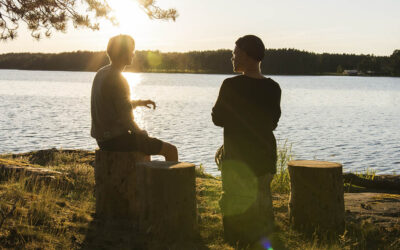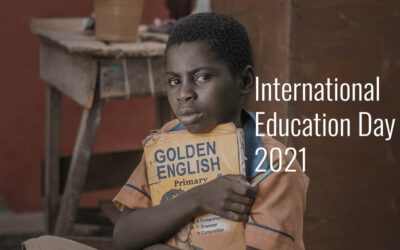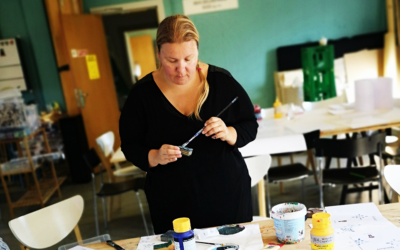

Educators of the 21st Century
As we mark World Teachers’ Day, we must take time to look at the future of the profession and the role of young teachers in it. The planet is facing a climate crisis and the teaching profession is also needs to deal with its own challenges as technology and social structures are changing the profession.
A new generation of dedicated educators and passionate role models are very much in need.
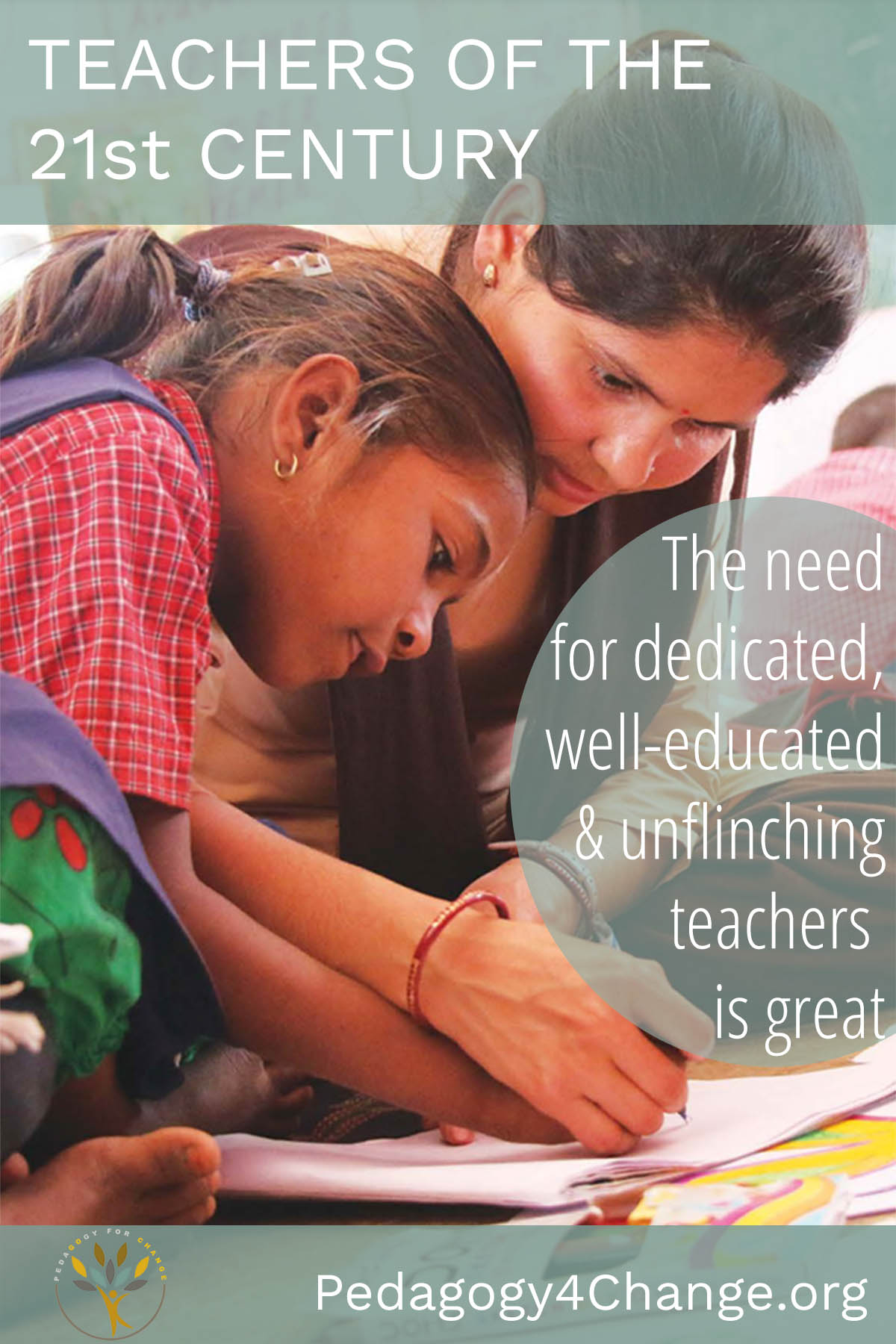
Challenging times for educators
The early twenty-first century is not an easy time to be a teacher or social educator. Clearly, the planet is in dire straits. The generations to come are facing precarious times and unknown challenges. Therefore, educators of today need to consider two mutually dependent challenges:
What kind of planet do we pass on to the next generation? And: What kind of generation do we leave behind for the planet?
What do we even need to teach the children of today to enable them to take appropriate action when they in a matter of a decade or two are grownups who need to deal with unknown dangers?
They will face unfamiliar situations once unprecedented disasters will strike. Think monster hurricanes, flash floods, relentless droughts, vanishing glaciers (and with them vanishing fresh water resources) and rising sea levels.
Who will think up a plan for rehousing millions and millions of people who need to abandon their sinking homes? Where will 40 million people who now live in Kolkata and Mumbai go? Where can the entire nation of Tuvalo settle once their island nation is washed over and gone forever?
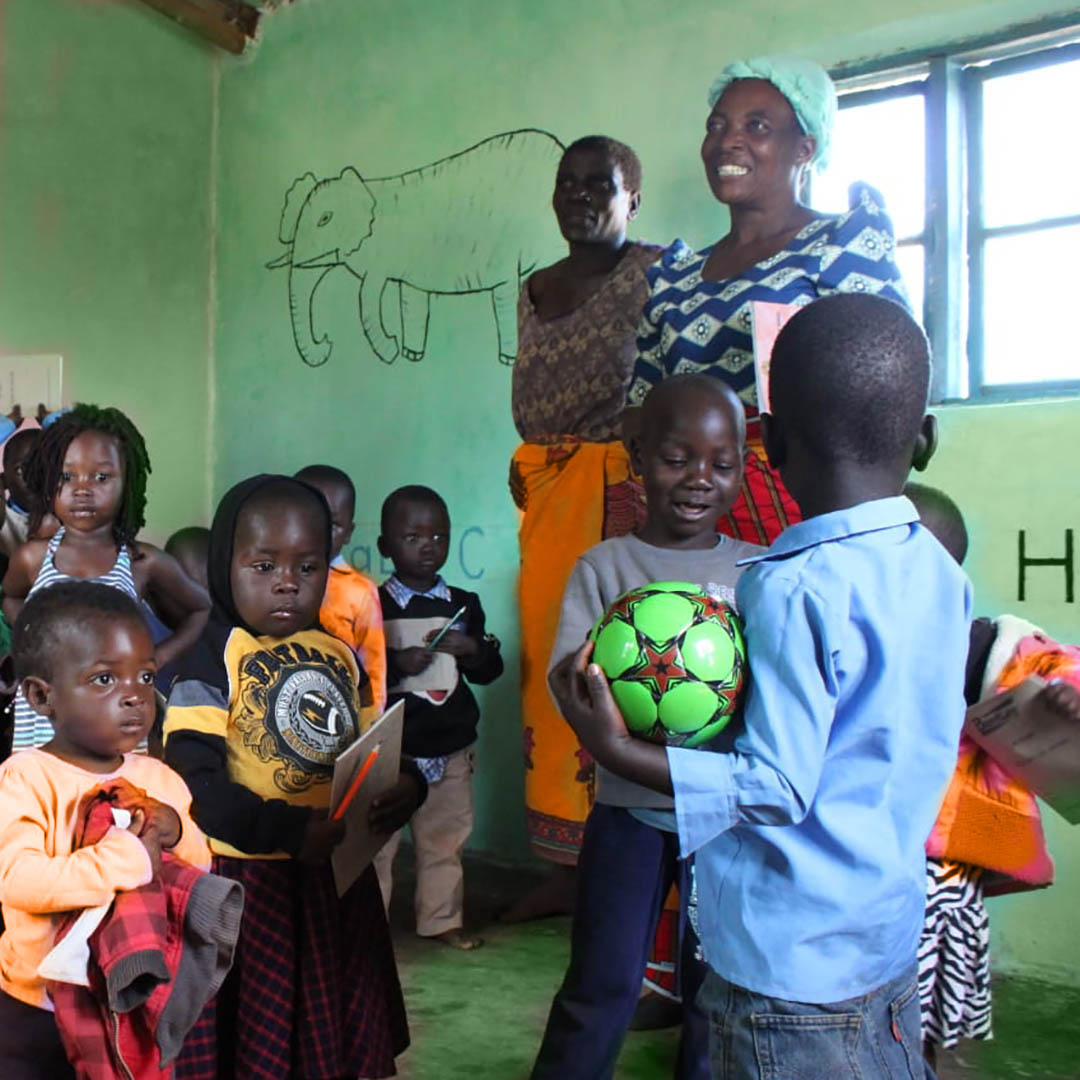
Distrust and harassment
Everyone can see that the need for dedicated, well-educated and unflinching teachers is great. The world truly needs inspirational role models for young people to lead the way. It is therefore paradoxical, that at the same time, the teaching profession is receiving a lot of criticism.
It seems like teachers are getting the blame for ailing educational systems which are suffering from a lack of funds and top-down controlling mechanisms. Stringent national curricula are imposed, so teachers are being told what to teach instead of having the freedom to figure out for themselves what the needs of their learners are.
The days where teachers were hailed as community leaders and positive influencers are gone.
Teachers in the West are even experiencing a trend where their professionalism and expertise is being questioned by the parents of their students. In some countries, the public’s negative perception of teachers is such that education staff regularly face the threat of violence.
Can teachers be replaced by technology?
With the rise of communication technology and other scientific advances the role of the teacher is also questioned by some parts of society. Some even suggest that teaching profession will be redundant in the future – students can simply learn everything they need to know from YouTube or something of that effect.
Thus, the teaching profession is criticised from many sides. Luckily, many people do realise the paramount importance of social interaction between humans and the unparalleled difference a teacher can make in a young person’s life. Sure – modern technology gives us many possibilities but personal and social skills need to be learned in real life, in connective and collective settings.
This planet and its people will need teachers who can act in the present reality for many years to come.

Luckily, many people do realise the paramount importance of social interaction between humans and the unparalleled difference a teacher can make in a young person’s life.
MORE GOOD STUFF
Let’s go to Malawi!
We are working on an extension of the Pedagogy for Change programme where participants can join sustainable development projects in the Global South, after their 12-month course.
The Common Third
Creating an authentic learning space through a truly interesting, shared activity, is highly beneficial. The Common Third works as an ‘equaliser’ and is an important pedagogical tool.
Social learning in practice
We are social beings and therefore learning is an intrinsically social process. Learning takes place in many kinds of arenas, some of them arranged, where we interact with others in different contexts.
Inclusive Communication: 10 tips
Inclusive communication means sharing information in a way that everybody can understand for example people on the autism spectrum who need clearness and unambiguity.
Education cannot wait
Under the theme ‘Recover and Revitalise Education for the COVID-19 Generation,’ we reiterate our commitment to stand alongside national governments in delivering education to all.
Pedagogical Principles – an artistic expression
Graphic designer Eike Einmann designed 10 posters to represent the main pedagogical principles that lay the foundations of “Another Kind of School”.



